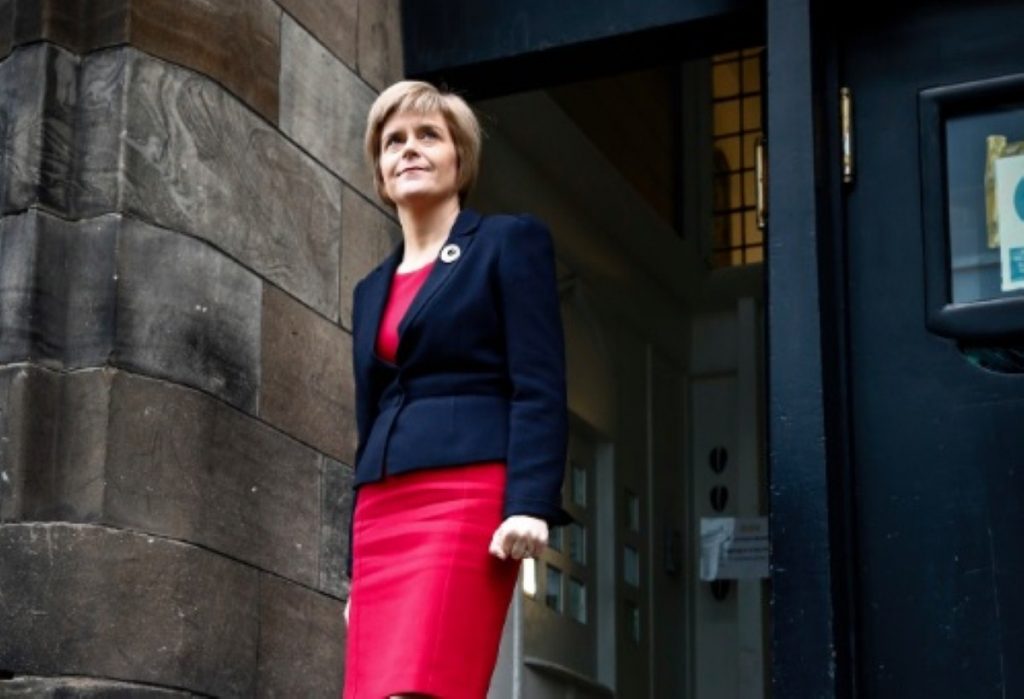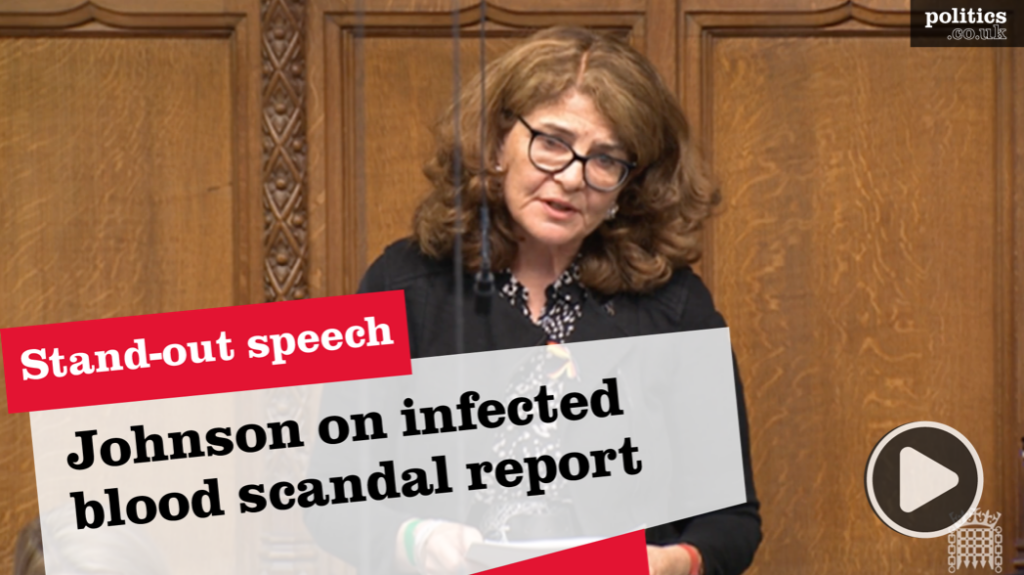Pick of the Week: Sturgeon and media sexism
Our most popular articles of the week, for your reading pleasure
Five: BBC Debate: A bleak night for the Conservatives

A throw-over from last week, when we were still assessing the effect of the so-called 'challengers' TV debate'. The underhand tactics employed by the Conservatives were on show throughout the week – not least when they pretended, seemingly with a straight face, that a Miliband speech on Libyan post-war planning involved him calling Cameron a murderer. But regardless of how the media interpreted the event, the polls remained as unchanged this week as they have been for months: both parties are on 33% or 34%. There's no sign of either building much of a lead before polling day.
Four: Miliband is now most likely to be next prime minister


We took a closer look at post-election outcomes and came to a conclusion which is gradually picking up support among political experts and journalists: even if he wins the most seats, Cameron is unlikely to remain prime minister. Whichever way you do the numbers, the centre-left grouping (get used to that sort of language) of Labour, the SNP, Plaid, the Greens, Respect and others is dominant. Under this assessment, Miliband becomes prime minister of a minority Labour government working some sort of arrangement with the SNP and others. How long he would remain prime minister in that scenario is another matter entirely.
Three: You don't deal with Katie Hopkins by calling the police

As news emerged of another tragedy in the Med, Britain's worst columnist, Katie Hopkins, wrote one of the most irresponsible pieces ever printed by a British newspaper. It is now subject to a legal challenge and condemnation from the UN. But in this column we argued that criminal charges are not an appropriate way to deal with Hopkins. Instead, pressure should be brought to bear on the Sun for publishing the piece.
Two: Refugee crisis: Only take in Christians insists Nigel Farage

Nigel Farage wasn't doing much better himself when assessing the result of the tragedy. Instead of expressing compassion about the deaths, he started separating out refugees on the basis of religion. He was at it again later in the week when expressing his preference for Indian and Australian immigrants over eastern Europeans. As usual, Farage acts as a symbol of political persuasion: people self-define by their opposition or support for him.
One: Media sexism against Sturgeon shows how far our politics has to go

Our top piece of the week looked at the media's treatment of SNP leader Nicola Sturgeon, whose enemies in the media have adopted an unmistakably gendered tone when attacking her. It's all a long way from the TV debates, where women have stood opposite their male counter-parts in equal numbers and often outperformed them. But things on Fleet Street move slower than anywhere else in the country and it'll likely be a while longer before the press refrain from this sort of coverage.













